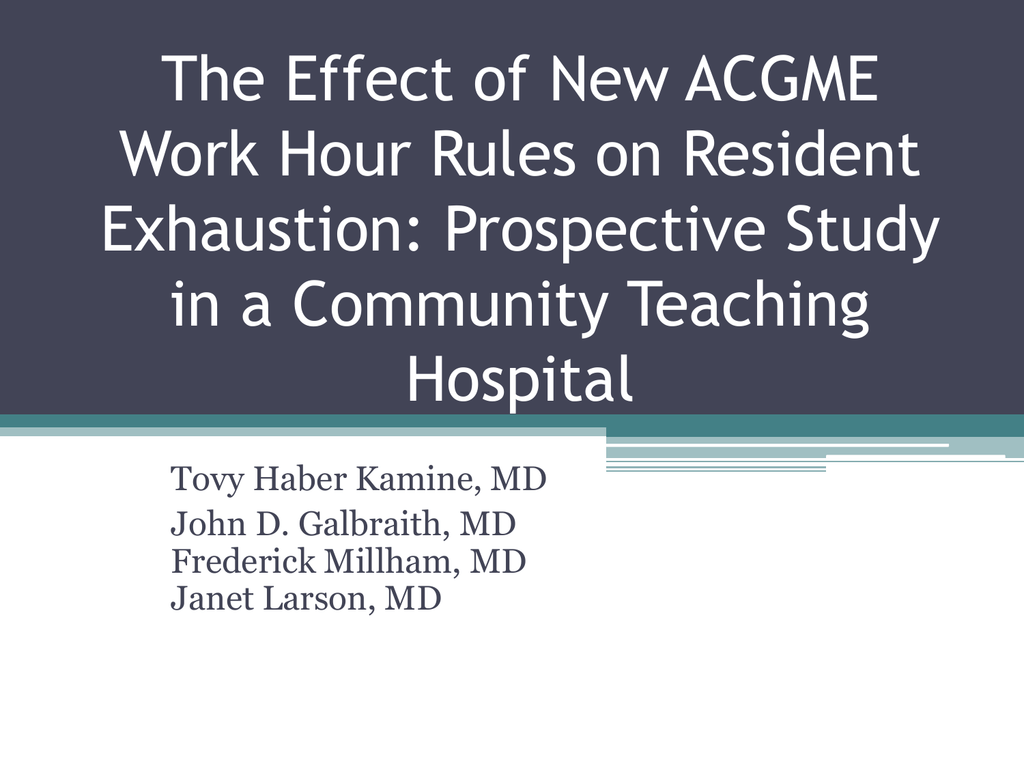
a requirement on the employer to keep records of hours worked.

an entitlement to a minimum 20-minute rest break where the working day is longer than 6 hours.an entitlement to 11 hours consecutive rest per day.a weekly rest period of 24 hours every week.a limit of 8 hours worked in every 24-hour period for night work.a limit of an average of 48 hours worked per week, over a reference period.These safeguards are particularly relevant to workers in the health service:

#Worktime regulations full
The WTR, which implements the EWTD in law, came into force on 1 October 1998, with full compliance by 2009.
#Worktime regulations download
The BMA consultants committee has produced guidance on compensatory rest, one of the safeguards from the regulations: Download the guidance (PDF) What protection does the directive provide? The directive was implemented in UK law as the WTR (Working Time Regulations) in 1998, ensuring the provisions and safeguards were made effective for workers in the UK.Īll consultants are covered by these entitlements, and employers have a legal obligation to implement them – strict penalties are imposed by the Health and Safety Executive for non-implementation. The EWTD (European Working Time Directive) is health and safety legislation to protect employees from working excessive hours. The most recent attempt failed as social partners – trade unions and employers’ organisations – failed to agree on a proposed revision by the deadline. The European Commission made numerous attempts to revise the EWTD, but it was unsuccessful due to disagreements between the European Parliament and member states. Perhaps the most important for doctors are the SiMAP and Jaeger rulings, which enshrined the principle of time spent on-call at the workplace being classed as work. There have been a number of European Court of Justice rulings on the EWTD. Given that the EWTD aims to improve health and safety, we think a number of conditions must be met if the opt-out is to remain part of the legislation: any opt-out must be truly voluntary, with no undue pressure or coercion exerted on doctors to work outside the directive’s hours and rest requirements. Further, an opt-out should neither be a necessity for a post nor form part of any contract. The BMA junior doctors committee believes this option should be retained only for those doctors who are able to determine their own working hours. We are recognised by leading legal directory, The Legal 500, which notes in particular our ‘strong track record for contentious work’ and the work of Stephen Jennings, our head of team, delivering clear results.Although junior doctors are now covered by the EWTD, it is still possible for doctors to work longer hours by signing an opt-out clause. Working with you to understand your needs and creating bespoke advice in a cost-effective manner. Special cases where regulations are dis-appliedĪs dedicated employment law solicitors we have built a strong reputation, with clients often commenting on our ‘exceptional’ service and commitment to going the extra mile.Our advice on working time regulations includes:
#Worktime regulations how to
To ensure we meet the needs of each employer and their unique situation we provide bespoke advice on how to deal with working time regulations in the workplace. Our working time regulations advice for employers If a worker is dismissed for reasons relating to the Working Time Regulations their dismissal could be automatically unfair, and they can bring a claim in the employment tribunal for unfair dismissal. If an employer does not allow workers their individual rights under the Working Time Regulations the worker can bring a claim in the employment tribunal for a breach of the regulations.

However, an employee can choose to opt out of the 48 hour working week and work longer hours.Ĭompliance with the Regulations is not always straightforward, and issues often arise in respect of holiday pay, on-call time, travel time and section 21 defences where certain requirements are dis-applied, on the basis that compensatory rest is provided at another time. The Regulations provide employees with rights to paid annual leave, rest breaks, and state that a worker should not work for more than 48 hours per week. The Working Time Regulations protect the health and safety of employees, putting a limit on the number of hours that workers can work each week. Covid support for you, your family, and your business here.


 0 kommentar(er)
0 kommentar(er)
